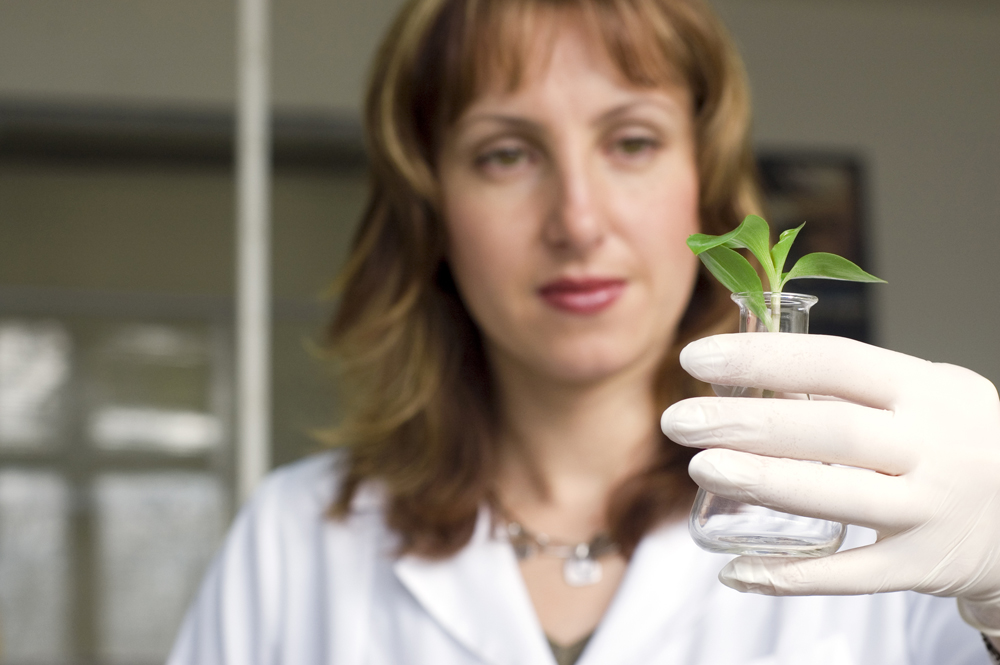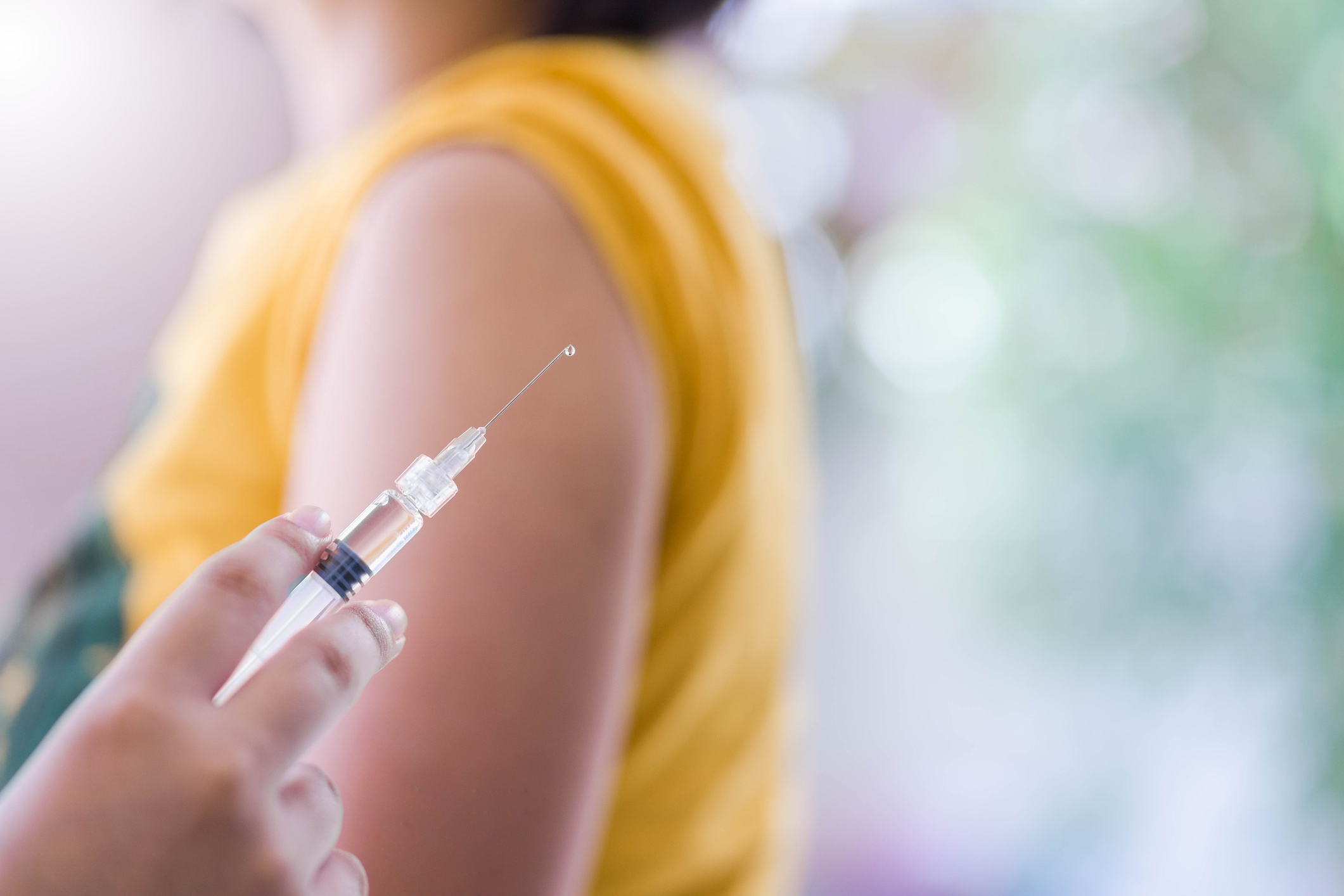An optimistic sector booming in a recession
September drew to a close with good news for the life sciences and healthcare sector in a year when good news hasn’t exactly been abundant. The BioRegion of Catalonia Life Sciences and Healthcare Outlook 2020 - Challenges Ahead, a report compiled jointly by Biocat and CataloniaBio & HealthTech, has revealed that investment in startups in Catalonia so far this year has hit €120 million, well above the €112 million from all of 2019. Fall is bringing fresh air, literally and metaphorically, to the BioRegion.

Not even the coronavirus has been able to crush the upward trend of a sector that has now crushed the €100-million barrier for five consecutive years. Since 2016, this figure has risen steadily, up nearly 3% on average each year. But having beat the record set last year in just nine months seems to indicate things are really taking off. And the sector stakeholders know it. At the presentation of the BioRegion Report, participants were asked what they thought the ecosystem’s potential for attracting investment would be in 2025. What did the majority say? €500 million.
This response was no surprise to Biocat CEO Jordi Naval: “We have a pipeline with 41 medical therapies in the BioRegion, Catalonia is awarded more ERC grants than countries like Finland and Denmark, and 82 trials in the field of Covid-19 kicked off this year, more than half of the Spanish total. All of this will undoubtedly help attract more investment.”
Reaping the rewards of previous years
Has the pandemic played a role in this change? On a macroeconomic level, its influence seems clear. “Yesterday I spoke with several American investment banks and they told me they had never seen anything like this in their 30 years of experience in investment banking. Much more than the dot-com bubble of 99. More transactions, loads of investors interested in the stock market, in cross-over rounds... It is unprecedented,” explains Joël Jean-Mairet, general partner at Ysios Capital, who also noted, “Another thing is the measures put in place by the US Government, which takes the sector’s temperature and has injected a massive amount of money. But this situation can’t go on ad infinitum.”
On a local level, however, general opinion has it that SARS-CoV-2 has nothing to do with it and what we’re seeing is a snapshot of the past. “It’s the fruit of our work in previous years,” says Clara Campàs, managing partner at Asabys Partners. Montserrat Vendrell, partner at Alta Life Sciences, corroborates this: “There are many funds, including ours, that raised funds last year and have come to fruition this year.”
And they’ve done so in bigger rounds.

A crisis-proof sector
Venture capital has been the main source of investment in 2020, with €80.2 million in 25 operations. That means 46.3% more venture capital than in 2019, with only 8.7% more operations. The best round of 2020 so far was in the biotech sector: Ona Therapeutics closed a €30-million round in June with participation from Asabys Partners, Alta Life Sciences and Ysios Capital, Belgian Fund+ and French Bpifrance – Innobio 2. It was also the largest Series A round of any startup in the life sciences and healthcare sector in Spain.
“Biotech has capitalized itself notably this year and is a sector that is immune to what happens in the global economy because it doesn’t generate income, it only consumes capital,” reasons Jean-Mairet. “If we have funds with fresh money to invest in biotech and there continues to be a significant number of new companies, that money will be invested in biotech. There will be a limit, but in the short-to-middle term, venture capital will continue strong,” he said. Vendrell, for her part, believes Covid-19 could have a somewhat positive effect in this regard: “We won’t see it in 2020, but there could be bigger rounds so companies don’t have to keep fundraising at times like this.”
What all the people interviewed agree on is that the healthcare sector is becoming more and more attractive to investors. “On one hand, people are more aware that health is a public good that is necessary for everything to work. And on the other, the markets and the stock market plummeted, and the only companies that rallied were those trading in the biotech arena. Pharma, medtech, telemedicine, healthcare innovation companies... They’re the ones that have dragged everything up again. Investors have seen that healthcare is neither so cyclical nor so volatile,” Campàs argues.
Infectious disease ‘bubble’?
Like clothing, literature or cuisine, science -and the companies based on it- isn’t immune to fashions. Will this year mark the beginning of a bubble for infectious diseases and vaccines? “I’m concerned about the covidization of research,” Luis Pareras, founding partner of Invivo Ventures, recognizes, “because everyone wants to have a line open in Covid times, but this should only be done if you can add value. For us, it doesn’t make it any more or less interesting.” Jean-Mairet admits some proposals are “clearly opportunistic” and aren’t always attractive for investors. “Vaccines are difficult drugs to develop and don’t fit in the timing of venture capital. There are more opportunities in immunology and Covid-19, but you have to dig around and check whether they have a special focus that makes them worthwhile,” he explains.
Campàs speaks of a new “awareness” of infectious diseases, a “poor cousin that was starting to be valued again and now even more so.” “That doesn’t mean we’re all going to invest in Covid-19 vaccines,” she clarifies, “but probably in second-generation vaccines or production platforms for future pandemics.” Vendrell reaffirms the rise of infectious diseases, but beyond the coronavirus: “Superbugs, improving antigen tests... This type of proposals won’t disappear in a day, they’ll catch the wave.”

Trends and diversity in investment
Covid-19, however, won’t eclipse other arenas. Diseases of the central nervous system, mental health and digital health are some names we’re hearing a lot, along with the star subsector: oncology. “The need for indicators to predict evolution, methods to strengthen the immune system... In personalized medicine, oncology will be huge,” says Vendrell.
The figures prove it: of the 25 rounds so far this year in the BioRegion, 4 were in oncology (Ona Therapeutics, OneChain, Ability Pharma, Gyala Therapeutics), 4 in mental health (2 rounds by ADmit Therapeutics, GoFasd and BrainGaze), 2 in nervous system diseases (InBrain Neuroelectronics, Accure Therapeutics) and 2 in infectious diseases (Pulmobiotics, DeepUll).
General optimism
What no one doubts is that the biotech, medtech and digital health train, regardless of what it’s carrying, is still on track and hasn’t lost steam in this ill-fated year. “This year, we’ve closed five operations, are about to announce a sixth and will probably have a seventh before 2020 is over. We’ve never had so many so quickly before,” Pareras says. “Between Covid-19 and the summer, new projects may have slowed a bit, but in September the harvest has been particularly good,” adds Campàs, whose fund is about to announce the closing of an operation with a foreign company that will establish headquarters here. “We have to promote other models to attract investment,” she says.
Pareras and Campàs have the most optimistic forecasts for the immediate future. Their wish list includes closing 2020 with €150 million in investment in the BioRegion, for Pareras, and €200 million for Campàs. Vendrell is somewhat more cautious: “We may see about €15 million more before the end of the year, and in 2021 I’d like to see €130-135 million. But we have to be realistic: the funds that have carried out these big rounds recently won’t be fundraising this year, and digital health will still be seeing smaller rounds.”
Pareras notes, however, that there’s homework to do for the future. “Years ago, the goal was for Catalan science to produce lots of papers, and we achieved this. Now, the focus has to be on transferring technology. We aren’t bad at it, but we’re not as good as we are at research. We need policies geared towards transferring the extraordinary science we have in Catalonia. First, money is turned into knowledge, and then innovation turns this knowledge back into money/social impact. It’s important to close the circle,” he concludes.


